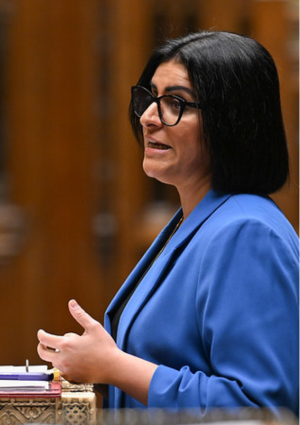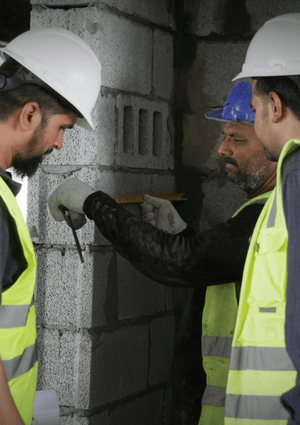Latest

Over 70 parliamentarians join our call to axe retrospective settlement plans
A broad coalition of parliamentarians, unions, and civil society have joined the Work Rights Centre and Labour MP Neil Duncan-Jordan in an open letter urging the Home Secretary to halt the consultation on "earned" settlement.
Read moreRead more
Will the Fair Work Agency put immigration enforcement before workers’ rights?
Following announcements from Rachel Reeves in the Budget, we are concerned that the Fair Work Agency's focus and resources are being shifted - not towards protecting the most vulnerable workers, but towards tougher immigration enforcement.
Read moreRead more
Earned settlement proposals: An extraordinary betrayal of migrant communities
With new proposals to substantially increase the time to settlement for many, impose additional English and financial contribution requirements for all, and apply these changes retroactively, the Home Secretary delivers the biggest blow to migrant communities in a generation. You can feedback by 12 February 2026.
Read moreRead more
How new asylum rules creating a temporary refugee status will fuel exploitation
Home Secretary Shabana Mahmood's plans to create a temporary 30-month refugee status risk pushing refugees away from good, sustainable work, and towards exploiters or traffickers.
Read moreRead more
With Skilled Worker visa numbers in decline, what’s the cost?
The number of Skilled Worker visas issued is at its lowest since 2021, but with vacancies in critical sectors unfilled and the risks of labour exploitation still high, we find real human and economic costs behind the politics of lowering numbers.
Read moreRead more